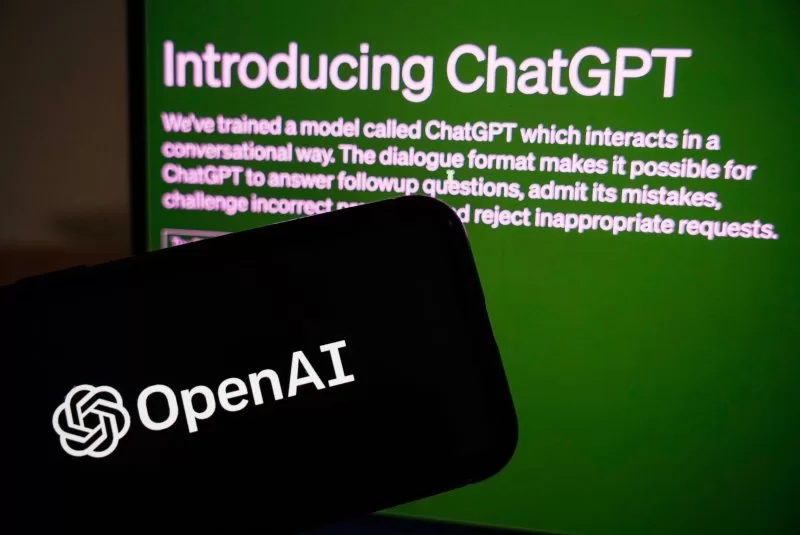Several major news outlets in Canada are now suing OpenAI, the California-based maker of ChatGPT for using their content to improve the program’s software. File Photo by Wu Hao/EPA-EFE
Nov. 30 (UPI) — Several major news outlets in Canada are suing OpenAI, the California-based maker of ChatGPT for using their content to improve the program’s software.
The coalition includes the Canadian Broadcasting Corporation, Toronto Star, Canadian Press and Globe and Mail among others and was filed in Ontario Superior Court on Friday.
The media agencies are seeking punitive damages of up to $20,000 per article used. The sum could end up totaling billions of dollars.
They are also asking the court to bar the tech giant from using their content in future, in what is believed to be a first-of-its-kind lawsuit in Canada.
The news outlets said use of their intellectual property “must be on fair terms.”
Court documents show the coalition accusing OpenAI of ignoring copyright disclaimers in accessing its members’ content to train its ChatGPT software.
“OpenAI regularly breaches copyright and online terms of use by scraping large swaths of content from Canadian media to help develop its products, such as ChatGPT. OpenAI is capitalizing and profiting from the use of this content, without getting permission or compensating content owners,” the coalition said in a statement.
“OpenAI’s public statements that it is somehow fair or in the public interest for them to use other companies’ intellectual property for their own commercial gain is wrong. Journalism is in the public interest. OpenAI using other companies’ journalism for their own commercial gain is not. It’s illegal.”
In response, OpenAI said it does not violate any laws.
“We collaborate closely with news publishers, including in the display, attribution and links to their content in ChatGPT search, and offer them easy ways to opt out should they so desire,” the company said in a statement to the CBC.
“Hundreds of millions of people around the world rely on ChatGPT to improve their daily lives, inspire creativity, and solve hard problems. Our models are trained on publicly available data, grounded in fair use and related international copyright principles that are fair for creators and support innovation,” a company spokesperson told the Toronto Star.
“We will not stand by while tech companies steal our content. While we embrace the opportunities that technological innovation can bring, all participants must follow the law, and any use of our intellectual property must be on fair terms,” Neil Oliver, the chief executive of 131-year-old publication’s parent company Torstar Corporation wrote in response in the same story.
